DocuPet is the official pet licensing partner of
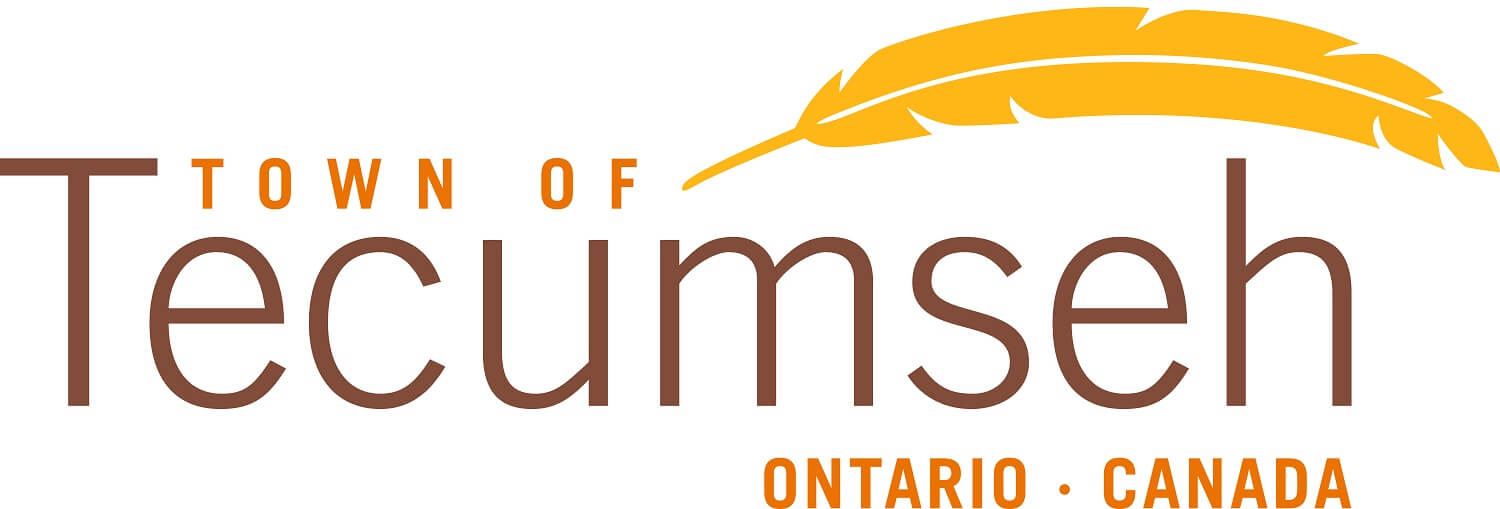
I've never licensed a pet with the Town of Tecumseh before.
License nowQuestions about your local pet licensing program? We've got answers, visit our FAQ.
For questions about your DocuPet account, consult our Help Centre.
Find out why licensing with DocuPet is so important.
Click here to learn more about pet licensing in your area.
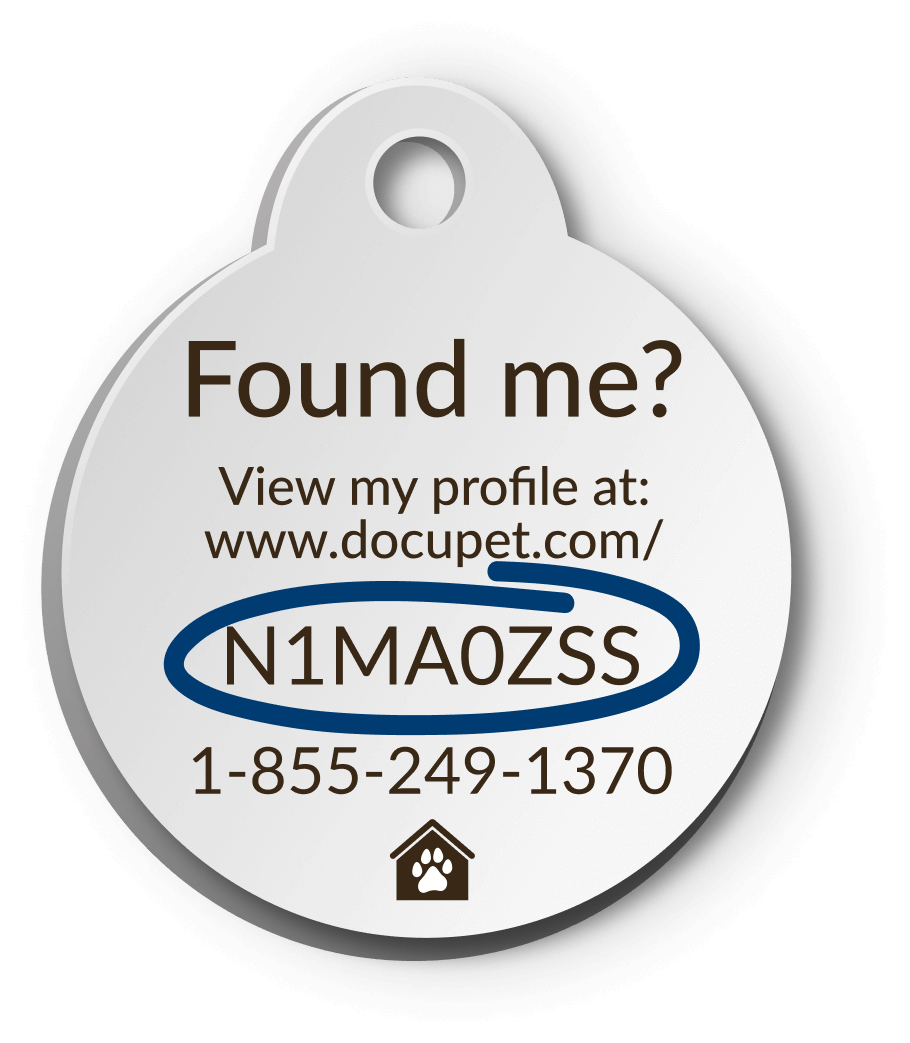
Please enter the Alphanumeric Code (Tag ID) below.
If you cannot find a match, please contact our HomeSafe® Team at 1-855-249-1370
so we can help get this pet home quickly!
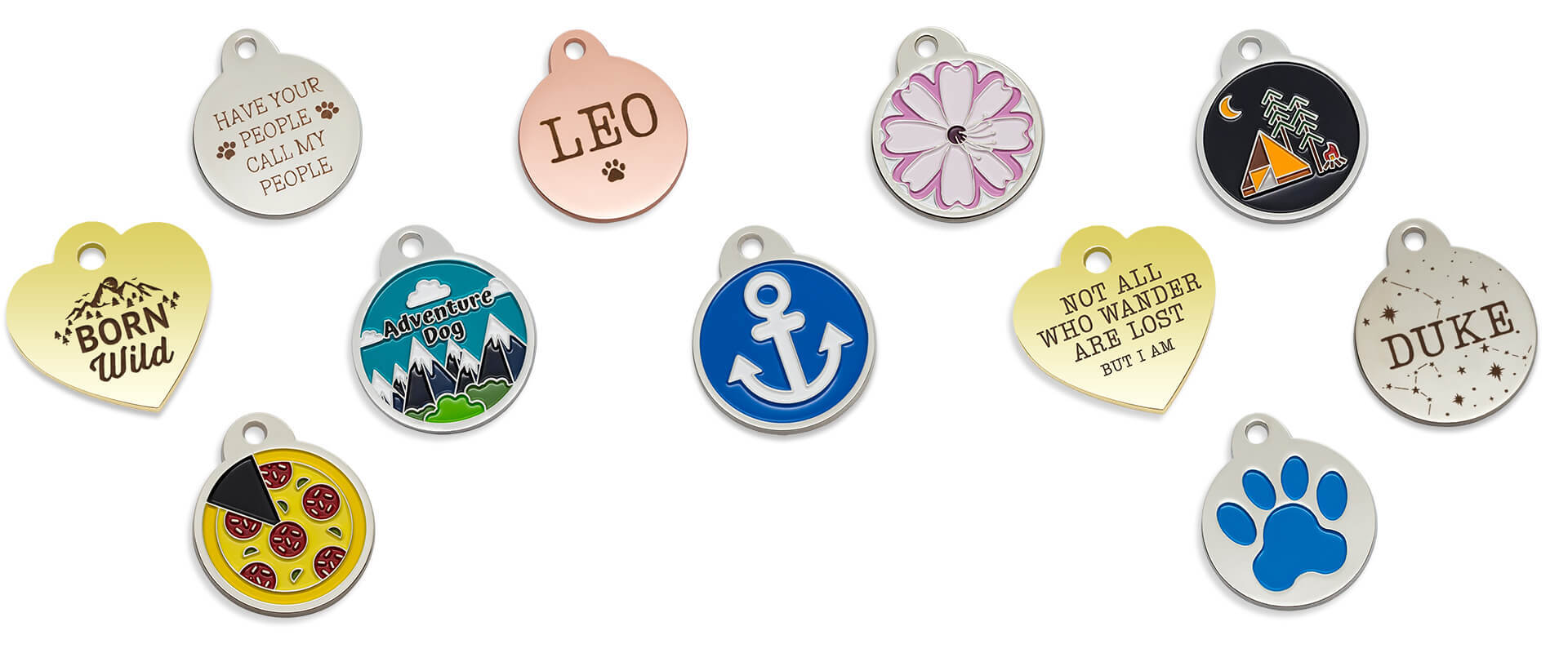
Tags that look good and work hard for your pet.
DocuPet tags include a pet's unique identifying code that links to their online record with important RTH information. Available in two sizes, every tag is free and is etched with our 24/7 HomeSafe® hotline number.
Upgrade options include personalized etching with pet and contact information and choosing from hundreds of colourful designer tag options - including the ability for pet owners to design their very own style.
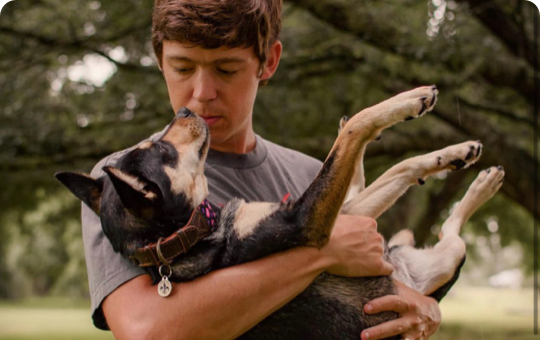
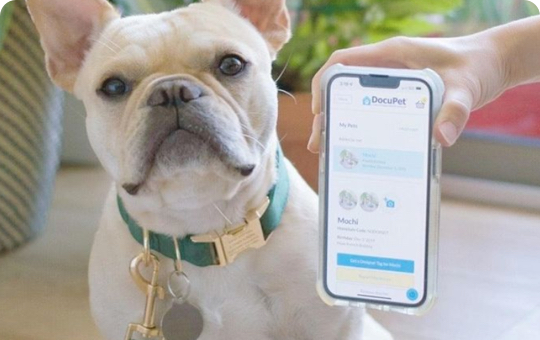
Your pet's comprehensive online profile is linked to their licence tag.
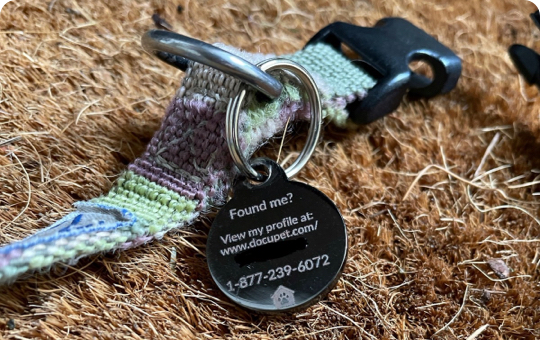
Personalize with important information.

Choose from hundreds of styles or design your own.